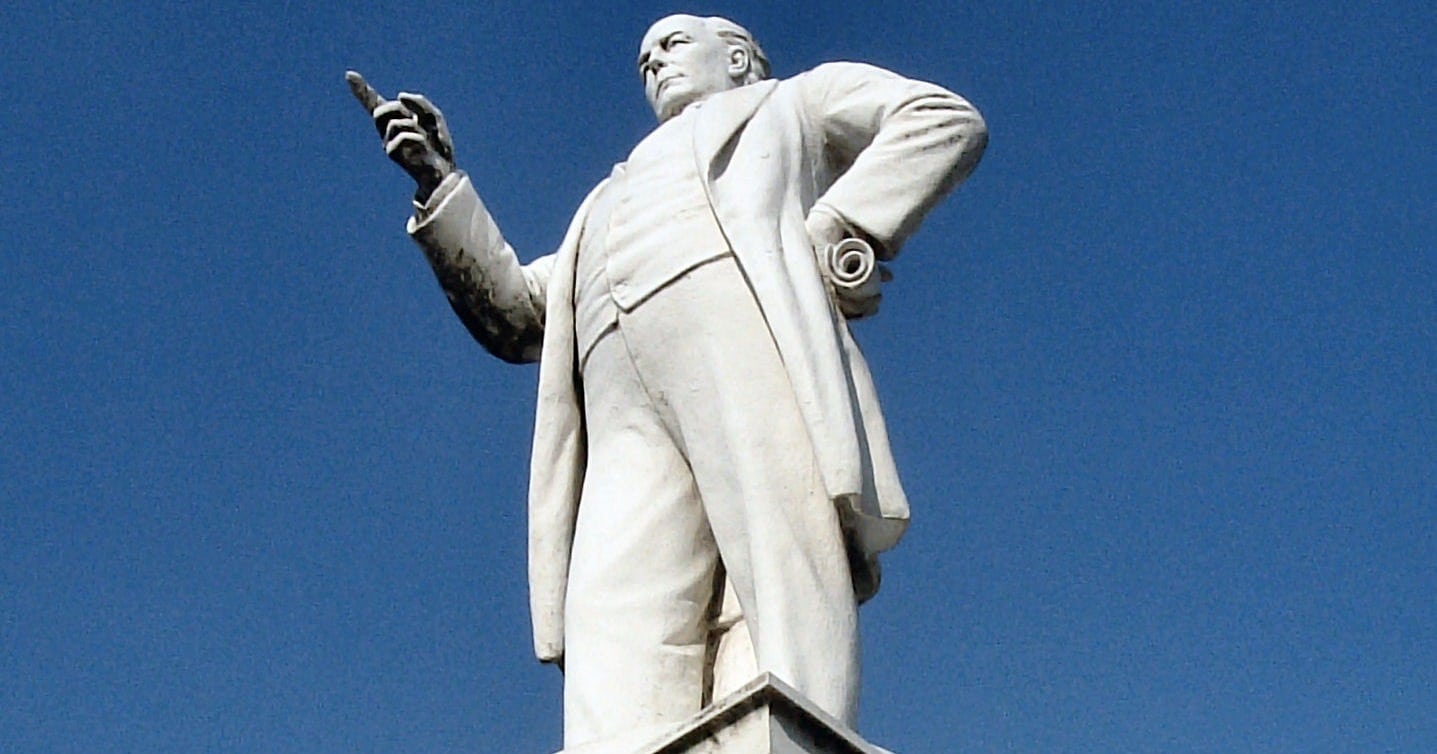 Culture & Ethics
Culture & Ethics
 Faith & Science
Faith & Science
Wordsworth and the Faith of the Victorians

In a series of posts I am exploring the competing visions of nature in the work of William Wordsworth and Charles Darwin (find the full series here). Wordsworth’s promulgation of Nature as in and of itself a divine disclosure was clearly felt by many in Britain and elsewhere to provide support and consolation for loss in the context of widespread undermining of the officially accredited support provided by the Bible itself.
For the Scriptures undoubtedly represented the master narrative and common cultural currency of the Victorians. Literary critic Northrop Frye once described the Bible as “the great code” for understanding works of Victorian creative literature.1 So tenacious was the Bible’s hold that even Charles Bradlaugh, the first atheist member of the British Parliament, remained haunted by the psalmist’s reproach, “The fool hath said in his heart, There is no God.” Bradlaugh therefore chose his words carefully, claiming that he did not assert that there was no God since to deny what is unknown would be absurd. He would also, as incongruous as it might appear, often resort to what was known as “proof-texting,” this being the use of Biblical passages to support and clinch arguments, even going so far as express admiration for the Bible as a “vast residuum of moral beauty and grandeur.”2
A Corrosive Influence
Aside from Bradlaugh’s surprisingly nuanced Biblical views, however, it must be said in general terms that the German Higher Criticism, which sought to cast doubt on miracles and other content of the Bible, was to become corrosive of many ordinary people’s simple, Bible-base faith. It was doubtless for that reason that in 1902 the agnostic William James gave special prominence in his Varieties of Religious Experience not to the Christian Bible but to his extended expositions of the key words of his title, namely Varieties (in the plural) and Experience (as opposed to doctrine). James thought that religious experiences, not creeds, were the more important factor in people’s spiritual lives. All else he deemed to be secondary, supererogatory outgrowths — theologies, philosophies, ecclesiastical organizations, and the like.3
James’s expositions cannot but have caused some readers to believe that the author had short-changed them in his passing over of fundamental doctrines and creeds. However, as the example of Wordsworthian disciple William Hale White has shown, Wordsworth was available to step into the breach to supplement and strengthen many people’s faith against the backdrop of older verities being undermined.
Next, “Wordsworth’s Challenge to Darwinian Nihilism.”
Notes
- Northrop Frye, The Great Code: The Bible and Literature (New York: Harcourt Brace Jovanovich, 1982)
- See Timothy Larsen, A People of the Book. The Bible and the Victorians (Oxford: OUP, 2012), pp. 70, 195-6.
- James’s attitude to organized religion was ambivalent. He believed that special manifestations of religion, with their formal creeds and associated shibboleths, might sometimes be absurd, yet he still felt that religion had “an important function” for mankind. See Martin E Marty’s Introduction to The Varieties of Religious Experience, p. xix.
